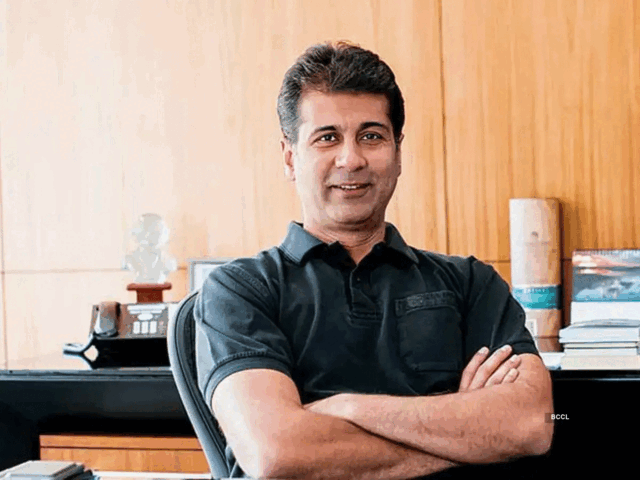Now Reading: Rajiv Bajaj Urges Government to Offer Clear Policy on Rare Earth Magnets for EV Sector
-
01
Rajiv Bajaj Urges Government to Offer Clear Policy on Rare Earth Magnets for EV Sector
Rajiv Bajaj Urges Government to Offer Clear Policy on Rare Earth Magnets for EV Sector

Bajaj Auto Managing Director Rajiv Bajaj has called for greater clarity from the government on the availability and regulation of rare earth magnets—an essential component in electric vehicles (EVs). His remarks come at a time when India is aggressively pushing for EV adoption, but remains largely dependent on imports for critical materials used in EV manufacturing.
Why Rare Earth Magnets Matter
Rare earth magnets are vital for manufacturing high-performance electric motors used in EVs, wind turbines, and other clean energy technologies. However, India lacks a robust domestic supply chain for these materials, with much of it being imported from China.
This reliance creates uncertainty for manufacturers like Bajaj Auto, who are scaling up EV production and require a stable, predictable supply of these components.
Bajaj’s Key Concerns
Rajiv Bajaj pointed out that while the government is pushing for faster EV penetration and localisation of components, there is little policy clarity around rare earth materials. According to him, this lack of transparency hampers planning and investment in the sector.
He highlighted the need for the government to involve industry stakeholders more closely when forming long-term strategies around rare earth procurement, mining, and usage.
Policy Gaps and Industry Demand
Currently, India’s rare earth sector is still in its infancy. Though the country has reserves, mining and processing are limited due to regulatory restrictions, environmental concerns, and lack of infrastructure.
EV and clean energy companies have been urging the government to create a comprehensive roadmap—one that balances domestic production, sustainable sourcing, and reduced dependence on imports. Bajaj’s remarks reflect a broader industry sentiment that without timely policy interventions, India’s EV ambitions could face critical supply chain bottlenecks.
Relevance for Tier 2 Cities
Tier 2 cities like Nagpur, Indore, and Jaipur are seeing a sharp rise in EV demand due to growing environmental awareness and government subsidies. But if supply chain issues for components like rare earth magnets aren’t addressed, the benefits may not reach these regions consistently.
Lack of clarity could also slow down local manufacturing and job creation opportunities in smaller cities, where many EV suppliers are based or planning to expand.
Conclusion
As India aims to become a global hub for electric mobility, ensuring access to rare earth magnets is not just a technical need—it’s a strategic one. Industry voices like Rajiv Bajaj are urging the government to move beyond targets and slogans, and instead offer concrete, actionable policy direction. The next phase of India’s EV journey may well depend on how soon that clarity arrives.






















